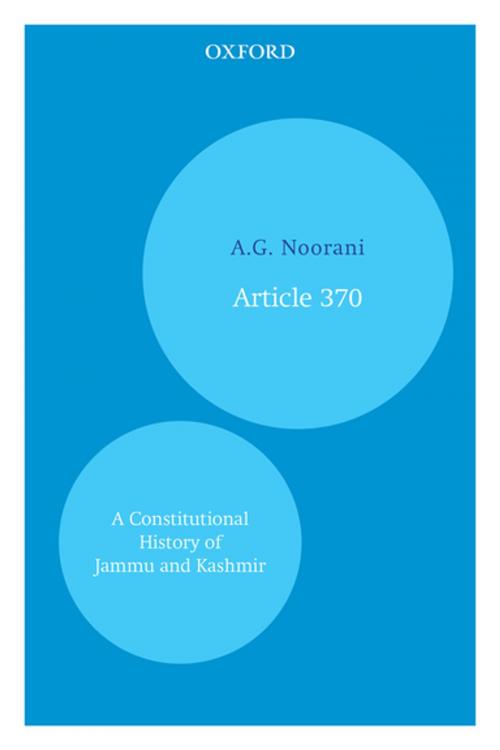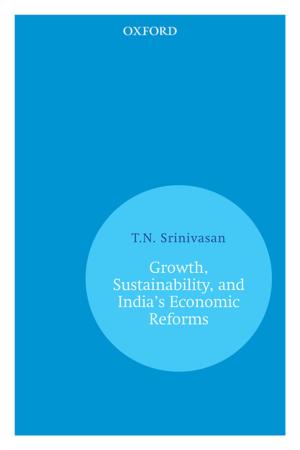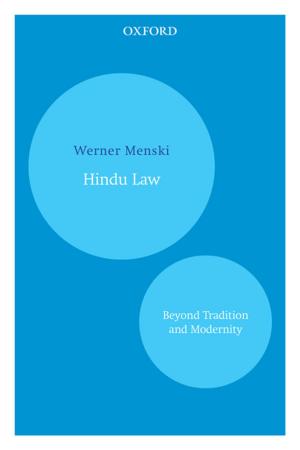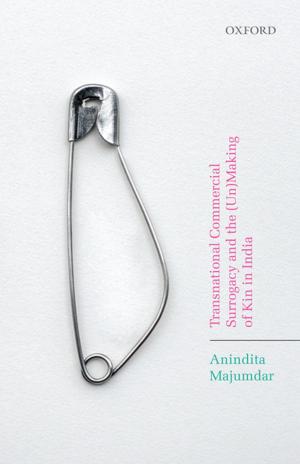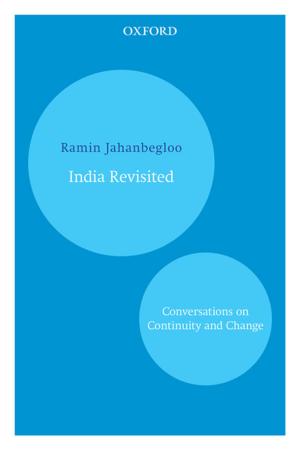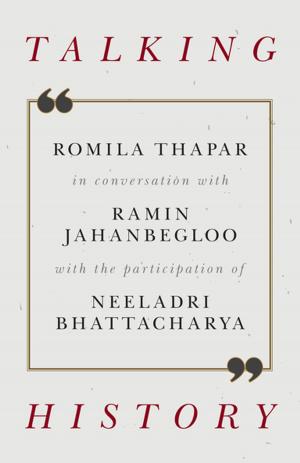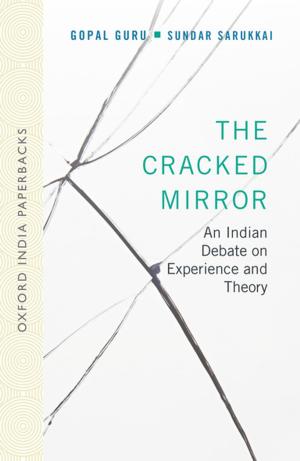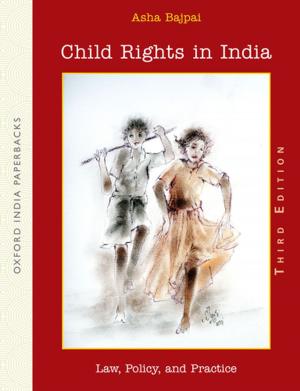Article 370
A Constitutional History of Jammu and Kashmir
Nonfiction, History, Asian, India, Reference & Language, Law| Author: | A.G. Noorani | ISBN: | 9780199088553 |
| Publisher: | OUP India | Publication: | November 3, 2014 |
| Imprint: | OUP India | Language: | English |
| Author: | A.G. Noorani |
| ISBN: | 9780199088553 |
| Publisher: | OUP India |
| Publication: | November 3, 2014 |
| Imprint: | OUP India |
| Language: | English |
On 26 January 1950, the Constitution of India came into force with a unique provision—Article 370. The special status accorded to the state of Jammu and Kashmir in the article meant that its people lived under a different set of laws while being part of the Indian Union. Alternating deftly between history and politics, A.G. Noorani examines a wide range of documents pertaining to Article 370. He incisively analyses the implications and consequences of the article for the constitutional democracy of the state and the nation. From Jammu and Kashmir's accession to India in 1947 to the various negotiations thereafter; Sheikh Abdullah's arrest to the framing of the Constitution of Jammu and Kashmir and the replacement of Sadar-i-Riyasat, this book impeccably documents the little-known constitutional history of the state. Noorani underscores the politics behind the gradual erosion of Article 370 and the need for restoration of autonomy. Critically analysing the various judgments relating to this constitutional arrangement, he suggests a framework for resolving the 'Kashmir problem'. Collecting together rare, often unseen and unnoticed, letters, memoranda, white papers, proclamations, and amendments, this book will be an indispensable resource on Kashmir.
On 26 January 1950, the Constitution of India came into force with a unique provision—Article 370. The special status accorded to the state of Jammu and Kashmir in the article meant that its people lived under a different set of laws while being part of the Indian Union. Alternating deftly between history and politics, A.G. Noorani examines a wide range of documents pertaining to Article 370. He incisively analyses the implications and consequences of the article for the constitutional democracy of the state and the nation. From Jammu and Kashmir's accession to India in 1947 to the various negotiations thereafter; Sheikh Abdullah's arrest to the framing of the Constitution of Jammu and Kashmir and the replacement of Sadar-i-Riyasat, this book impeccably documents the little-known constitutional history of the state. Noorani underscores the politics behind the gradual erosion of Article 370 and the need for restoration of autonomy. Critically analysing the various judgments relating to this constitutional arrangement, he suggests a framework for resolving the 'Kashmir problem'. Collecting together rare, often unseen and unnoticed, letters, memoranda, white papers, proclamations, and amendments, this book will be an indispensable resource on Kashmir.
